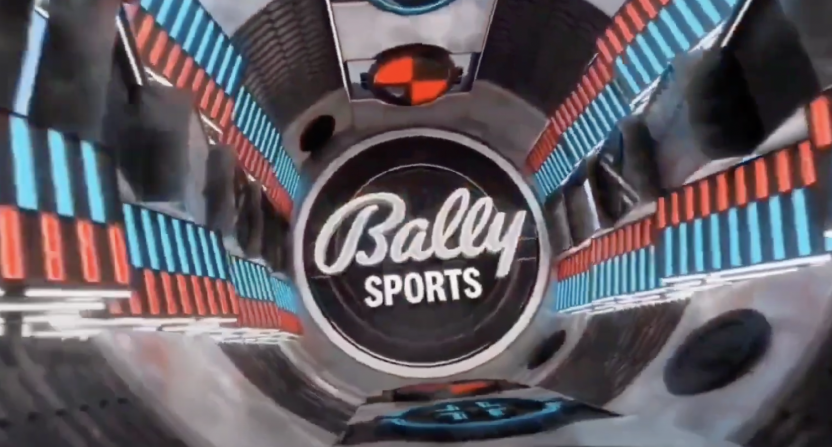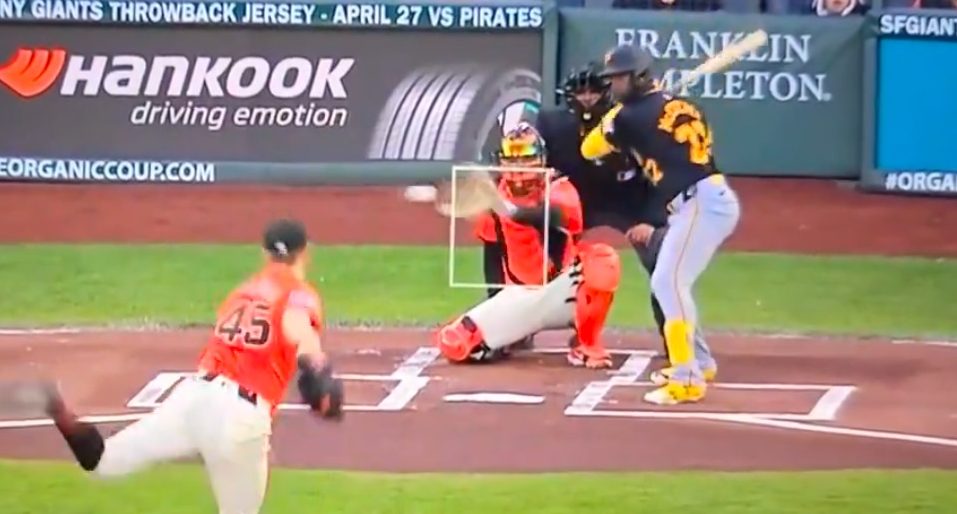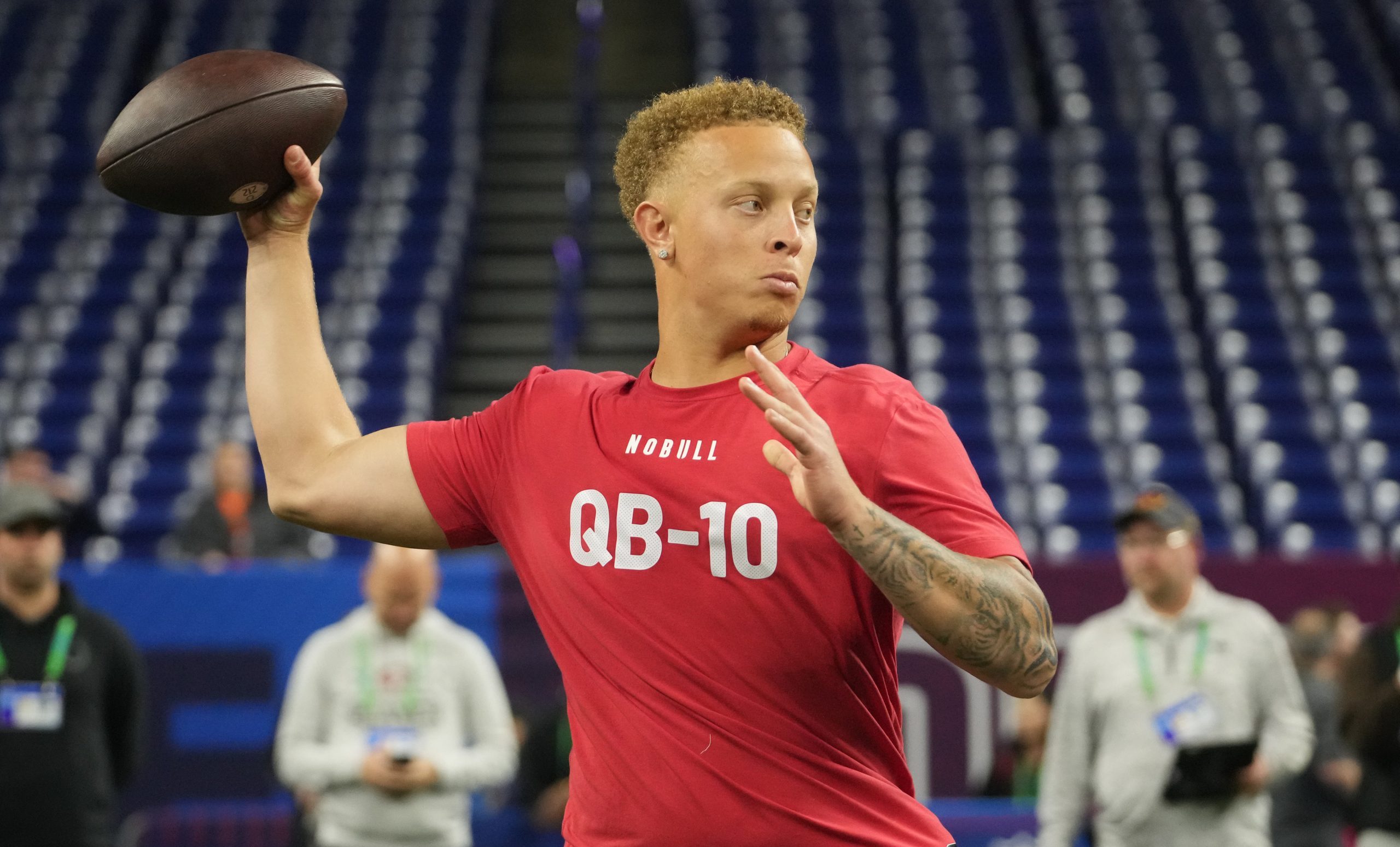Diamond Sports Group asked a bankruptcy court last night to allow it to walk away from its broadcast deal with the Phoenix Coyotes, an unsurprising move given the other teams on the regional sports channel, including the Phoenix Suns and Arizona Diamondbacks, had recently split away from Bally Sports Arizona.
It is the first big development since DSG asked the court last week to again extend the deadline for filing a plan of reorganization. September 30 was supposed to be D-Day in the DSG bankruptcy, the deadline for the regional sports channel power to file its plan of reorganization. This is the document that once and for all will inform which of the 40 plus team media deals Diamond will walk away from before exiting Chapter 11. Diamond is the owner of the Bally Regional Sports Network, a grouping of 19 RSNs.
But for now it seems the decisions of which teams to jettison will emerge in motions like the one Diamond filed last night. In it, Diamond said it owed the Coyotes tens of millions of dollars annually in a deal that stretches into 2025.
“The Coyotes have consented to this relief, and the Debtors understand that the Coyotes and the NHL have transition plans in place to facilitate the continued distribution of Coyotes games to fans,” lawyers for DSG wrote in the motion. The first scheduled telecast for the Coyotes is October 13.
The September 30 deadline had seemed critical to the NBA and NHL, whose regular seasons start shortly and would need to know if some of its teams require a backup local media plan. MLB suffered the task of being first up so to speak after the March 14 Chapter 11 petition. First, Diamond cut the fees to four MLB teams and after nearly two months of legal back and forth, the judge ordered Diamond to pay in full. Diamond would excise its San Diego Padres and Arizona Diamondbacks contracts but pay out the remaining team deals.
In March, DSG pledged to pay off the remaining NBA and NHL fees for the dwindling 2022-’23 season but made no such commitment for the 2023-’24 season.
At a mid-August hearing where Judge Chris Lopez approved a reorganization deadline extension of 80 days to September 30, outside counsel for the NHL said, “It’s critical that we have certainty as we prepare for the 2023 24 NHL season, our preseason starts on September 23. And our regular season starts on October 10. To be transparent to avoid surprises to the court. We just wanted to make sure the court was aware of if we don’t have any reasonable certainty in the near future, we may be coming back to the court on potentially short notice to request any appropriate necessary relief.”
But a day before the September 30 deadline, Diamond again citing the complexity of the case, asked for an extension of the reorganization deadline, this time to November 29, a 60-day extension. Judge Lopez has not yet filed an order granting the extension, but no reorganization plan is filed either. Emailed questions about the status of the case directed to Lopez’s court staff, his case manager and courtroom deputy, were not returned.
The NBA and NHL did not reply for comment about the deadline delay. But they are not filing motions of protest, demanding an answer for their teams. Why is that? The answer is clearly back channel discussions between the parties are progressing and the leagues see value in maintaining the Diamond RSN ties where it can (a one hockey team RSN did not make sense).
“I think the court continues to see that Diamond can restructure and emerge from Chap 11,” media consultant Patrick Crakes wrote in a text. ”NHL and NBA remain along for the ride. So does MLB as most of the contracts remain valid. In truth, they need Ballys to operate for a while in many cases as replacing current local revenue is very hard.”
And therein lies the rub. The NHL and NBA teams–there are 27 of them with Bally contracts–are certainly not happy with overtures from Diamond Sports Group to cut the rights fees, but even a reduced rights fee is almost surely more valuable than the alternative. The alternative is to follow the Utah Jazz and Phoenix Suns paths of ditching the RSN model and replacing it with over the air and streaming.
That will certainly give the teams greater exposure, but almost certainly not as much money as they received from an RSN, whose model is based on reaping subscriber fees from a cable distributor. That model is declining with cord cutting, but it still retains greater economic value compared to the combination of over the air plus streaming.
At the first Chapter 11 hearing in March, the NHL’s and NBA’s lawyers expressed concern about the ‘23-’24 season. But those voices are not public now, a signal that the leagues expect many of its teams to get paid.
Asked if the postponement of the reorganization plan is a good sign for the basketball and hockey leagues, Crakes wrote, “Well, assuming it truly leads to a viable re-org, yeah. That doesn’t mean every team is going to keep the status quo but keeping the flow of money from pay TV going is a good thing overall.”
It is also important to underscore that the NBA and NHL have long played nicely in the sandbox with Diamond Sports Group, whereas MLB has been throwing sand. Before the bankruptcy, MLB declined to grant streaming rights to Diamond, while the NBA and NHL did.
After Chapter 11, MLB and Diamond engaged in an acrimonious legal battle that in part stemmed from the haircuts DSG gave the four MLB teams. But it also festered from MLB’s plans to create a one stop shopping platform for video, including local TV rights. In that world the Diamond RSNs had no place. Meanwhile the first hockey team contract rejected by Diamond is by mutual consent with the team, according to the filing.
The Coyotes may not be the last contract rejected, though with the NHL season starting in five days, there is not much more time left.
“The Debtors (DSG) have been conducting an ongoing analysis of their rights agreement portfolio to identify those rights agreements that are burdensome and/or otherwise unnecessary for the Debtors’ go-forward business operations,” the DSG motion cautioned.
September 30 was to be the day such agreements were all identified. Now it looks to be a drip drip disclosure over the next few weeks.







